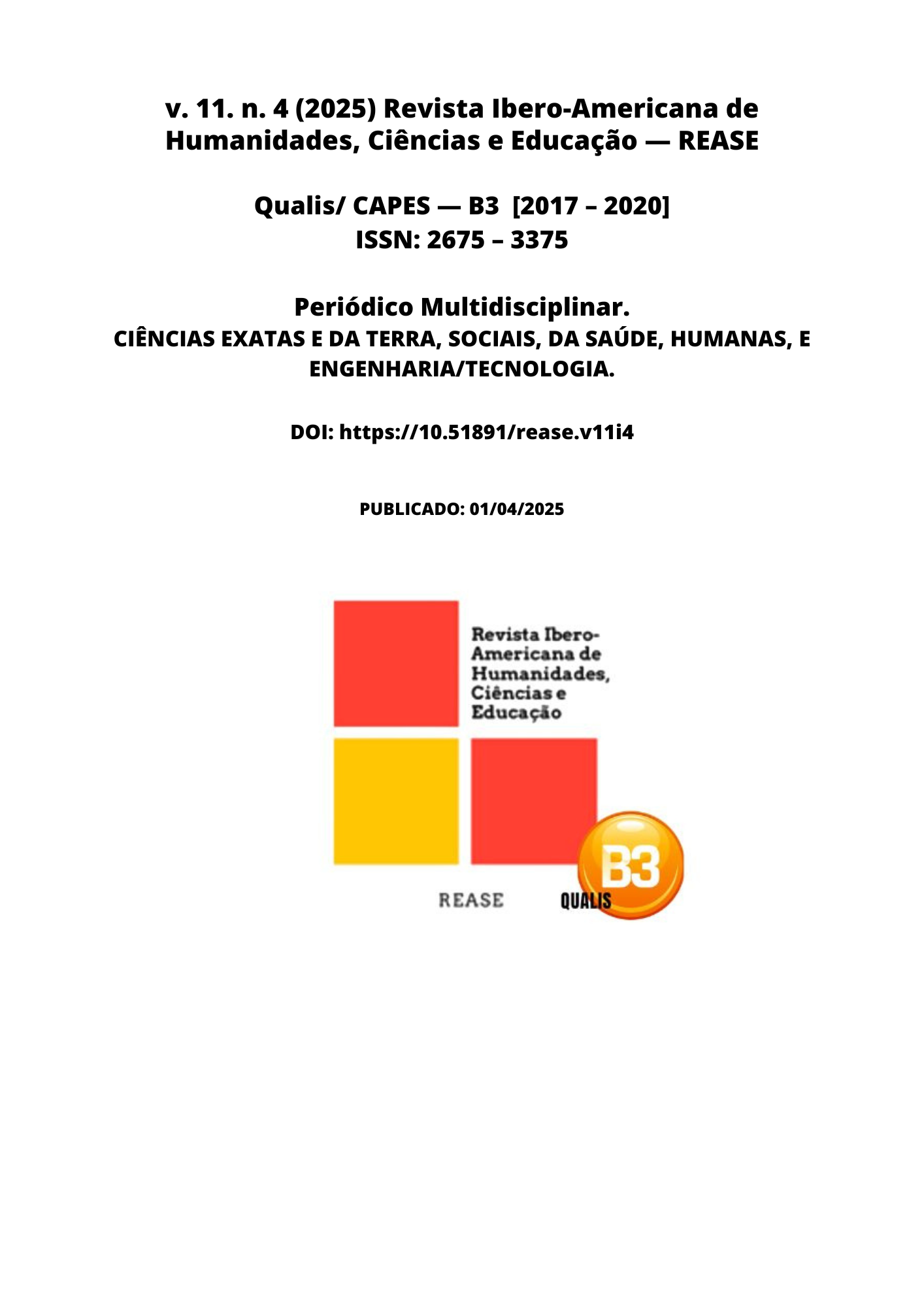CULTURA MAKER NA EDUCAÇÃO: TRANSFORMANDO A APRENDIZAGEM POR MEIO DA EXPERIMENTAÇÃO
DOI:
https://doi.org/10.51891/rease.v11i4.18678Palavras-chave:
Cultura Maker. Sala de aula. Projetos.Resumo
Diante de um panorama educacional que clamava por métodos de ensino que superassem a mera transmissão de conteúdo, a cultura maker surge como resposta inovadora. A mudança na metodologia de ensino, ao adotar o modelo maker, transforma o espaço escolar em um local de aprendizado ativo e autônomo. Os estudantes, ao invés de receberem o saber passivamente, tornam-se construtores de seus conhecimentos, aplicando teorias em situações práticas e concretas. A metodologia maker conecta saberes diversos de forma prática e colaborativa. Ao desenvolver projetos, estudantes aplicam conhecimentos de várias áreas simultaneamente, fortalecendo a compreensão global. A filosofia maker ressignifica o erro, vendo-o como trampolim para o progresso. A prática de projetos possibilita aos estudantes testarem e aperfeiçoarem ideias, fomentando a autonomia e a busca por soluções. Deste modo, o objetivo geral foi analisar a transformação da sala de aula pela cultura maker, focando em projetos práticos, interdisciplinaridade e a importância do erro no aprendizado. A importância desta pesquisa se revela ao elucidar como a cultura maker, através de projetos práticos e interdisciplinares, transforma a sala de aula em um ambiente de aprendizado dinâmico e centrado no aluno. O trabalho em questão consiste em uma pesquisa bibliográfica, onde a análise e interpretação de fontes teóricas, como artigos científicos, livros, foram empregadas para explorar a cultura maker como um paradigma educacional inovador (Gil, 2019). Em conclusão, a cultura maker revoluciona o ensino, promovendo aprendizado ativo, interdisciplinaridade e ressignificação do erro, preparando alunos para desafios futuros.
Downloads
Downloads
Publicado
Como Citar
Edição
Seção
Categorias
Licença
Atribuição CC BY

